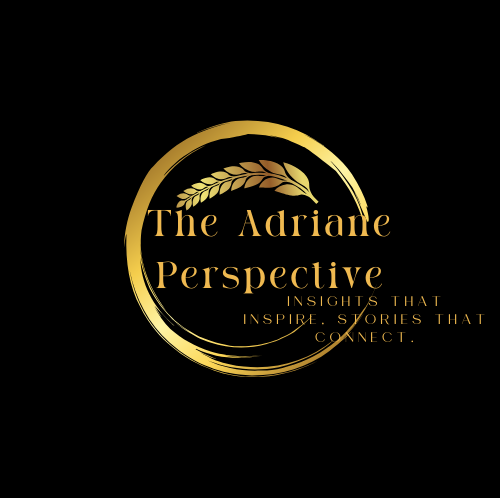Reflecting on Career Paths: Lessons from Older Americans
As we navigate our careers, it’s common to reflect on the paths we’ve taken and the choices we’ve made. For many older Americans, this reflection often brings to light certain regrets that can offer valuable lessons for those still building their professional lives. From skipping college and switching jobs to navigating the complexities of office politics, these experiences shape not only our careers but also our personal growth.
Skipping College: The Cost of Missing Higher Education Opportunities
One of the most frequently cited regrets among older professionals is the decision to forgo a college education. While alternative paths can lead to success, the absence of a degree often limits career advancement and earning potential. The evolving job market increasingly values higher education, making it a significant factor in long-term career satisfaction and stability.
Key Takeaways:
- Higher education can expand career opportunities and earning potential.
- Alternative paths may lead to success but often come with limitations.
- Investing in education is crucial for long-term career stability.
Switching Jobs: Seeking Fulfillment vs. Stability
Changing jobs in pursuit of better opportunities or greater fulfillment is a double-edged sword. While switching roles can lead to personal growth and new experiences, it also comes with the risk of instability and the challenge of constantly adapting to new environments. Striking a balance between career advancement and job security is crucial for long-term satisfaction.
Considerations When Switching Jobs:
- Evaluate the potential for personal and professional growth.
- Assess job security and stability in the new role.
- Consider the impact on work-life balance and overall well-being.
Navigating Office Politics: Building Relationships and Avoiding Pitfalls
Office politics can significantly impact one’s career trajectory. Successfully navigating these dynamics requires a blend of strategic relationship-building and ethical decision-making. Older professionals often regret either not engaging enough to build influential networks or becoming too entangled in political maneuvering, which can detract from their professional goals.
Strategies for Effective Navigation:
- Build strong, authentic relationships within the workplace.
- Maintain integrity and ethical standards in all interactions.
- Avoid getting involved in unnecessary political conflicts.
Age Discrimination and Ageism: Overcoming Barriers in the Workplace
Age discrimination remains a pervasive issue, with older workers facing biases that can hinder their career progression. Overcoming these barriers involves continuous learning, adaptability, and demonstrating the unique value that experience brings to the workplace. Addressing ageism requires both personal resilience and organizational change to create more inclusive environments.
Overcoming Age-Related Challenges:
- Engage in lifelong learning to stay current with industry trends.
- Showcase the unique skills and perspectives gained through experience.
- Advocate for inclusive policies within organizations.
The Importance of Lifelong Learning and Skill Development
Continuous education and skill development are essential in today’s rapidly changing job landscape. Embracing lifelong learning helps mitigate the regret of not pursuing further education earlier and ensures that professionals remain competitive and relevant in their fields.
Benefits of Lifelong Learning:
- Enhances adaptability to changing job requirements.
- Increases opportunities for career advancement.
- Boosts personal confidence and job satisfaction.
Work-Life Balance: Prioritizing Well-Being Alongside Career Goals
Balancing professional ambitions with personal well-being is a common challenge. Older Americans often reflect on the importance of maintaining this balance to prevent burnout and ensure long-term happiness. Prioritizing work-life harmony contributes to overall life satisfaction and sustained career success.
Tips for Achieving Work-Life Balance:
- Set clear boundaries between work and personal life.
- Prioritize tasks to manage time effectively.
- Engage in activities that promote physical and mental well-being.
Conclusion: Learning from the Past to Shape a Fulfilling Future
Understanding the career regrets of older Americans provides valuable insights for those currently navigating their professional journeys. By learning from past experiences—whether it’s valuing education, making thoughtful career moves, or building strong workplace relationships—individuals can make informed decisions that lead to a more fulfilling and successful career. Embracing these lessons allows for a proactive approach to career development, ensuring that today’s choices pave the way for tomorrow’s achievements.
